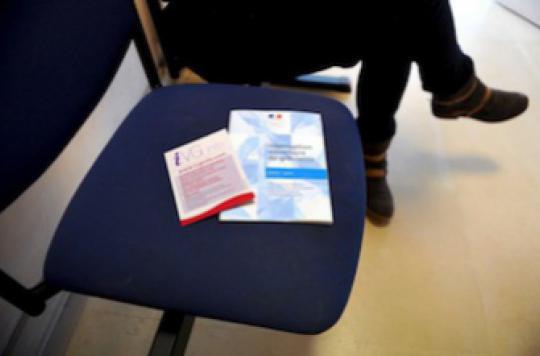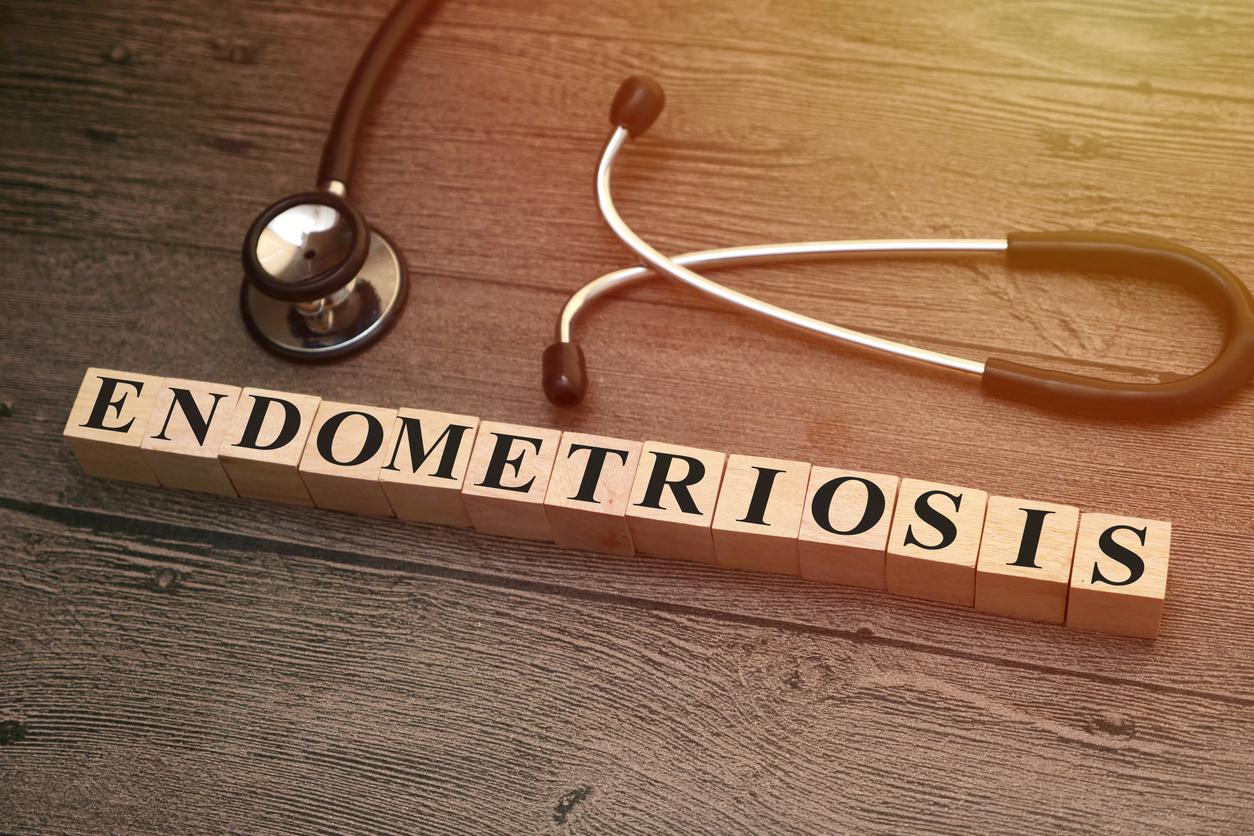Practice of abortion in a larger number of places, real free, here are some of the measures of the new national action program to improve access to abortion in France.

Since May 2012, the government of Marisol Touraine has been working to guarantee women better access to abortion. Thus, abortion is now 100% reimbursed by social security. And the package of the act has been revalued to financially support the establishments that practice it.
Nearly 220,000 women abort each year in France. Most have access to abortion without difficulty, but some are poorly oriented or poorly supported. To put an end to these obstacles, the Ministry of Health unveiled a new national action program on Friday. Here are the main measures.
A national number with neutral information
Among the flagship measures of this plan, Marisol Touraine announced that a national call number will be created. Anonymous, non-surcharged and open seven days a week, its mission is to respond to women seeking information, guidance, advice or support in the field of sexual and reproductive health ( sexuality, contraception, abortion).
The stated objective is to disseminate “neutral and objective” information on abortion, “while anti-abortion groups offer women, via their crisis lines, fallacious and guilty information”, writes the Ministry of Health.
This issue will draw on the networking of existing regional platforms and the expertise of the French Family Planning Movement. It will be available in September 2015. As a reminder, the ministerial website “ ivg.gouv.fr »Has been operational since January 2014.
Better financial support
In addition, the flat rate for the cover of “city” abortion practiced in an office and that carried out in a health establishment will be harmonized. Acts performed in addition to the abortion itself, and currently not fully covered by social security, will now be fully reimbursed. This concerns medical biology exams (abortion in town), pre-abortion dating ultrasound (abortion in town and in health facilities), consultation to collect consent (abortion in health facilities), biology exams follow-up (abortion in town) and control ultrasound (abortion in town). The generalization of third-party payment will allow women not to have to advance the costs relating to their abortion.
This measure will be the subject of a decree by the Council of State and will be implemented in the fall of 2015.
This new national program reminds us that the Health Law proposes that midwives can now practice medical abortions. In addition, the action plan will make it possible to increase the number of places that can perform abortion; in particular, health centers will be able to perform surgical abortions.
Pending reflection period
Associations that defend abortion say they are satisfied with these measures. The High Council for equality between women and men (HCElfh) speaks of an “ambitious program for a real improvement in access to abortion. “” Its implementation constitutes progress for women. He recognizes their autonomy, ”he adds. But for Dr Gilles Lazimi (1), one of its members, “even if there are very very good measures, there are others that we would have liked to see and which are not in this project. . This head doctor at the Romainville health center (93) regrets, for example, that the reflection period fixed by law between the first and the second appointment with a doctor remains. “These seven days lengthen the time taken to take charge,” he said.
This legal deadline can be shortened if the abortion is late and the woman concerned risks being out of time. An option that Gilles Lazimi would have liked to see generalized him who pleads for his disappearance “or at least for it to be shortened to two days”, he suggests.
In addition, the doctor also regrets that the conscience clause, which allows doctors to refuse an abortion, has not disappeared. “It is already generally granted to all nursing staff for all medical procedures. So why should this be specifically mentioned in the abortion law? He points out.
Listen to Dr Gilles Lazimi, chief physician at the Romainville health center: “ This period, we have noticed for 40 years that we have abortions that it is absolutely not necessary that it be 7 days.. “
Finally, Gilles Lazimi wishes to challenge the Government “on the importance of dedicating resources to meet the challenges, and of ensuring the monitoring and regular evaluation of the implementation of this Action Program. “” It will be necessary to assess whether it will have made it possible to reduce inequalities, particularly territorial, in access to abortion, “concludes the HCElfh for its part.
Listen to Dr Gilles Lazimi : ” This program must be supplemented with resources. It shouldn’t just stay in the speeches. And that the decrees of application take 4-5 years to arrive. “
.















